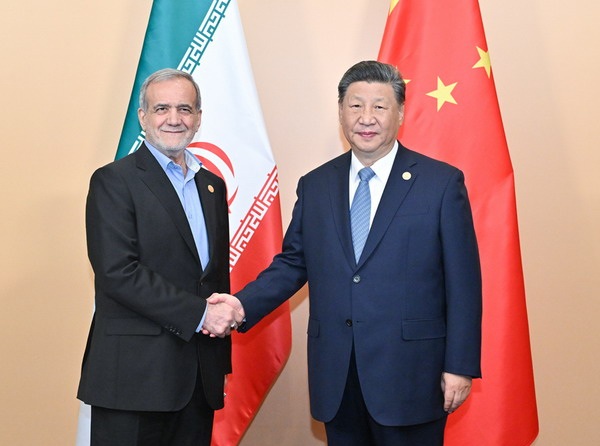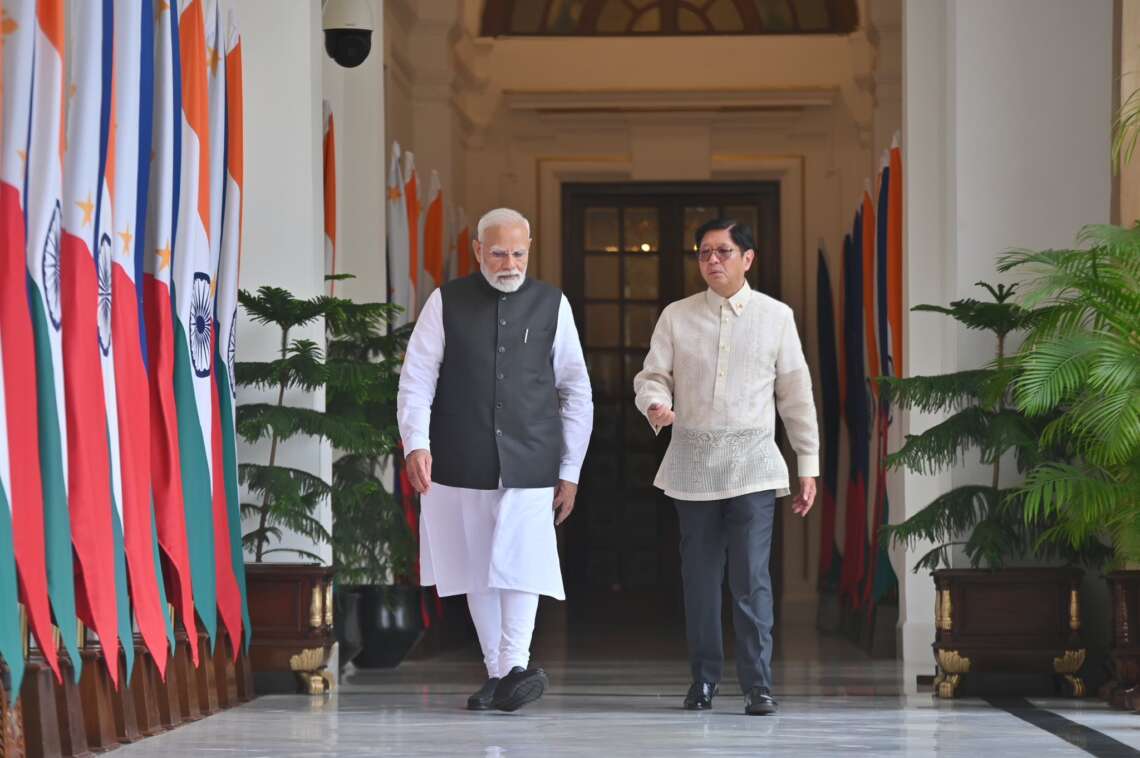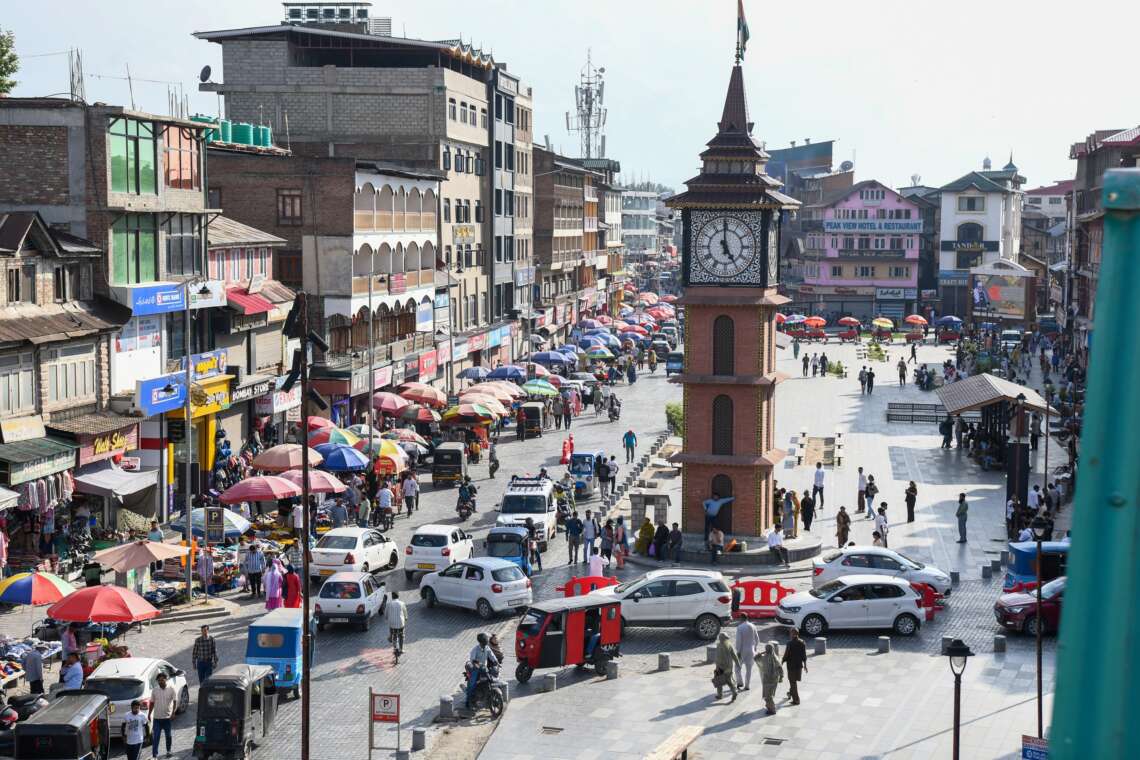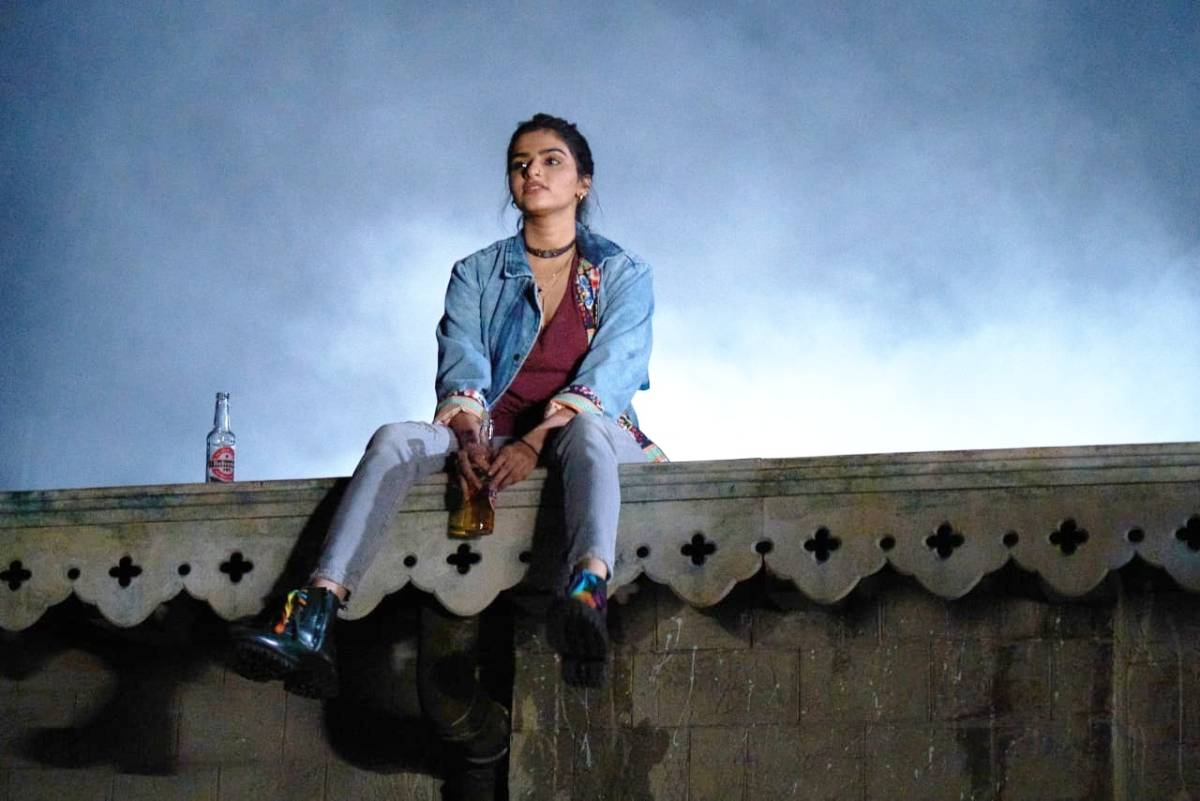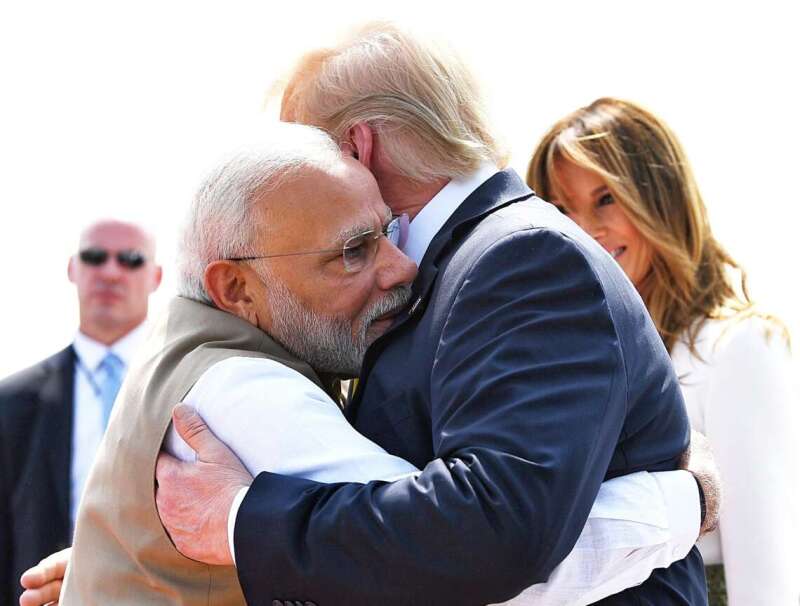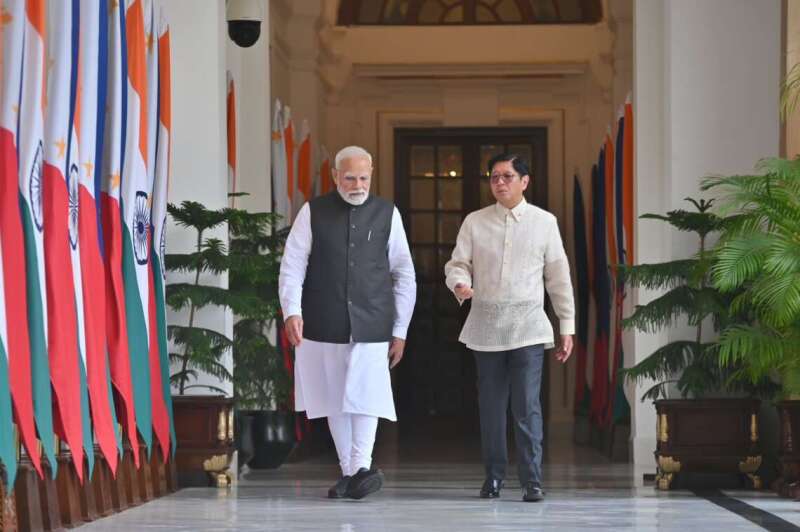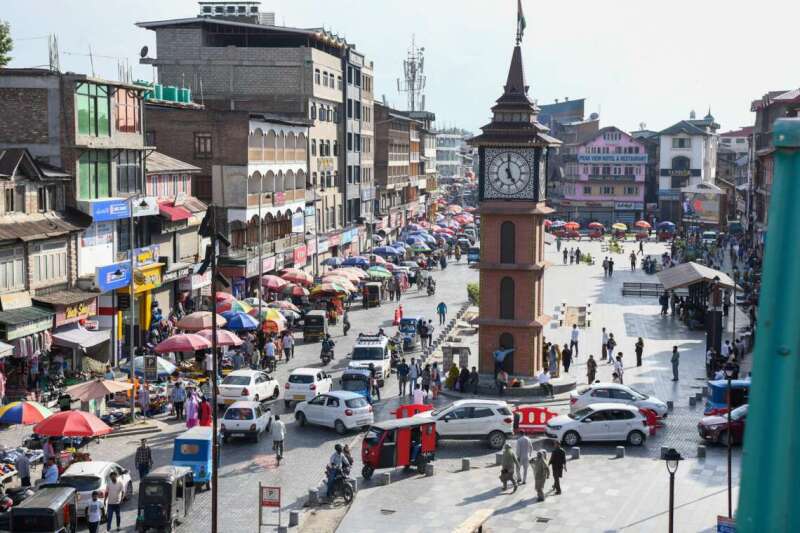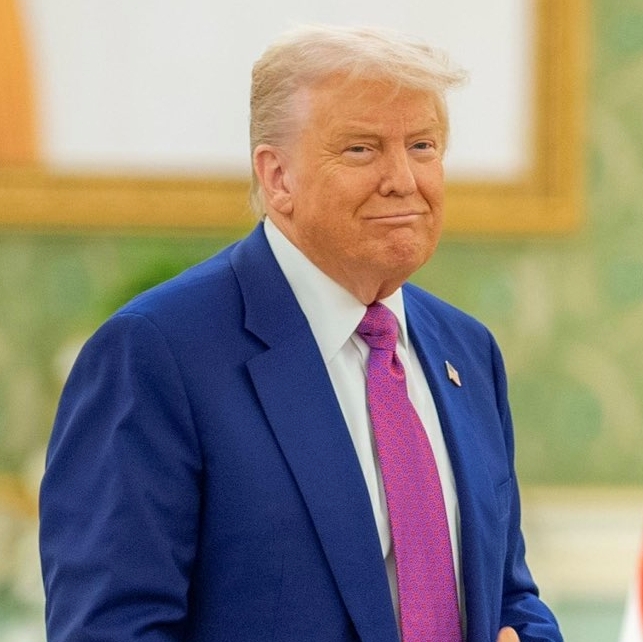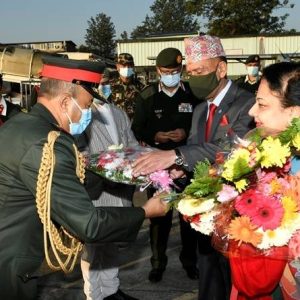Wearing of dress is a freedom of speech, as argued by the petitioners as their fundamental right under Article 19 (1) (a)…reports Asian Lite News
Giving clear indications of an early verdict in the hijab row, the Karnataka High Court Special bench, constituted to look into the petitions submitted by students demanding their right to wear hijab in classrooms, on Tuesday directed counsels to complete their arguments by this week.
The Chief Justice (CJ) Ritu Raj Awasthi asked the Advocate General (AG) Prabhuling Navadgi, who is representing the government, to complete his submissions at the earliest. The AG submitted to the bench that he would complete his arguments on the day itself (Tuesday).
CJ Awasthi informed all counsels that the bench wants to complete the hearing on the case this weekend and directed them to keep the arguments brief. “Make positive endeavours to complete within this week only,” he said.
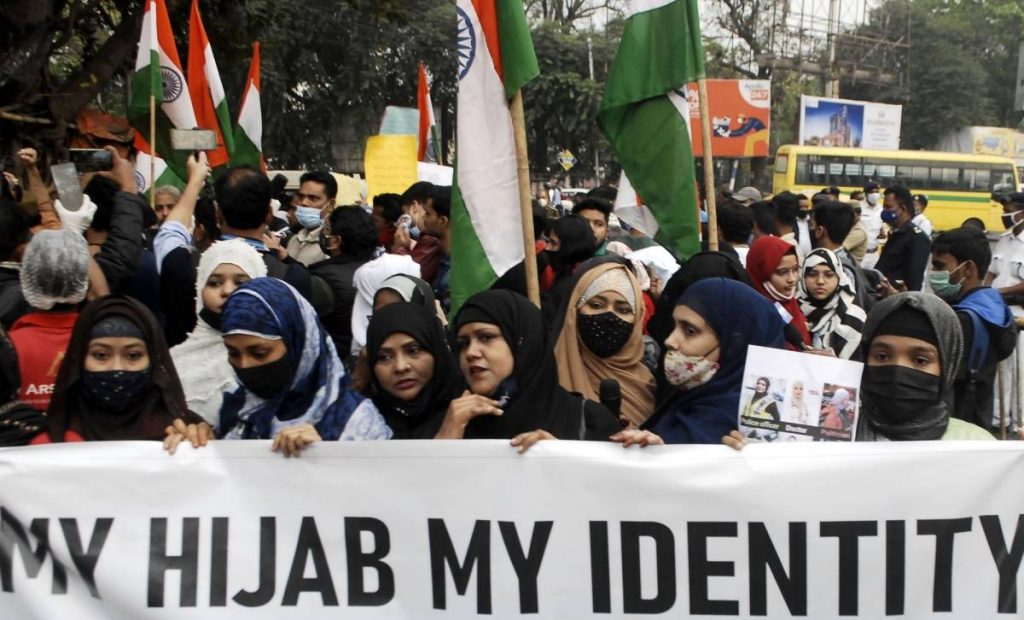
AG Navadgi said that it was entirely on the petitioner to prove that the practice of hijab is obligatory in nature and compulsorily followed in Islam. They have placed 144 Suras of Quran, this court has asked them in this regard. There is no record on the table to show that the custom is obligatory and it is an element of compulsion which compels a member to even be expelled from the community.
Wearing of dress is a freedom of speech, as argued by the petitioners as their fundamental right under Article 19 (1) (a). However, Article 19 (1) (a) is subject to public order, decency under Article 19 (2). In the present case, the uniform rule is subject to institutional restriction and it is subjected to institutional discipline not only in schools, but also in hospitals, military establishments and others, AG submitted to the court.
The rule imposes reasonable restrictions on wearing a headscarf. The AG also mentioned that uniform is being prescribed till pre-university as they have an impregnable mindset. There is no restriction on campus to wear a hijab. Only during class hours in the classrooms, hijab is not allowed and anything beyond uniforms irrespective of any religion is not allowed, AG Navadgi argued.
ALSO READ: Karnataka students with hijab turned away
He further mentioned about the total ban on hijab by France and Turkey in public spaces. At this point Justice Krishna S. Dixit intervened and stated that it depends on the constitutional policy of every country. AG Navadgi stated that he only wanted to say, there is no prohibition as such in our country.
AG Navadgi earlier had said that hijab was not an essential practice of Islam, and he also brought to the notice of the court how it has been upheld by various High Courts and judgments of the Supreme Court. AG Navadgi explained to bench on Monday that wearing hijab was not an essential religious practice in Islam and it can’t come under Article 25 (Freedom of conscience and free profession, practice and propagation of religion).
Submitting his arguments while representing the government, he said that the petitioner students have approached the court not just seeking permission to wear headscarves. But, they have claimed that they want to wear hijab and attend classes wearing hijab as part of their religious right. He maintained that wearing hijab is not an essential part of their religion and it can’t come under Article 25.



